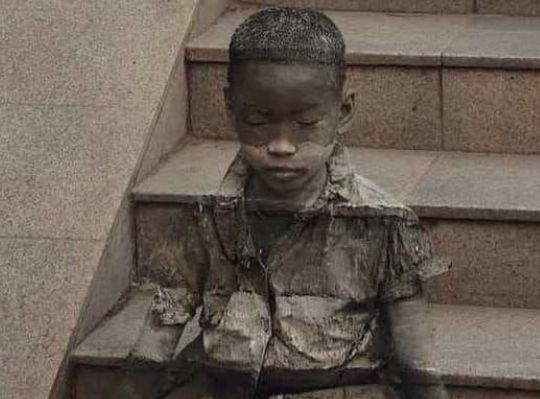“Are all humans human, or are some more human than others?” asked Romeo Dallaire who commanded the UN peacekeeping force during the 1994 Rwandan genocide. I was reminded of this quotation by the UK government’s generous response to Ukrainians following the Russian invasion of their country – British visas, residence permits, access to free healthcare and schooling… Is it fair that some migrants should be treated differently than others? Our response to Ukrainian refugees is in stark contrast to the constraints we impose on those fleeing from conflicts in the Middle East and Africa. Even fair-minded Britons agree that white Europeans view fellow-white European refugees in a different light to those of other ethnic and cultural backgrounds. We pat ourselves on the back for being generous and concerned humanitarians in offering Ukrainians a resounding welcome to our homes coupled with indefinite stay and free welfare, while at the same time plucking African and Middle Eastern migrants from sinking rafts in the Channel, and sending them to compounds to be “processed”. There has even been talk of relocating some migrants offshore to Rwanda!
This crisis illustrates two types of asylum seeker – the genuine refugee, and the “wrong” refugee. Genuine ones are not obliged to claim asylum in the first country in which they set foot – otherwise, most Ukrainians would be seeking it in Poland. Ukrainians are allowed to bypass that particular hurdle and travel straight on to Germany, England or to wherever they choose to be temporarily domiciled. “Wrong” refugees who have fled over the border to a neighbouring country, such as Afghans to India are obliged to claim asylum there, even though they have family and friends here in Britain willing to provide them with refuge and financial aid.
Ukrainians have an offer of 90 days’ visa-free public transport and free phone communication within Europe, and plans exist to grant them up to three years’ temporary protection within European Union countries without the need to apply for asylum–not so for “wrong” refugees! Could this be generosity with tinge of xenophobia?
Perhaps ethnicity and cultural differences play a greater part than is often assumed in our perception of The Good Samaritan.


